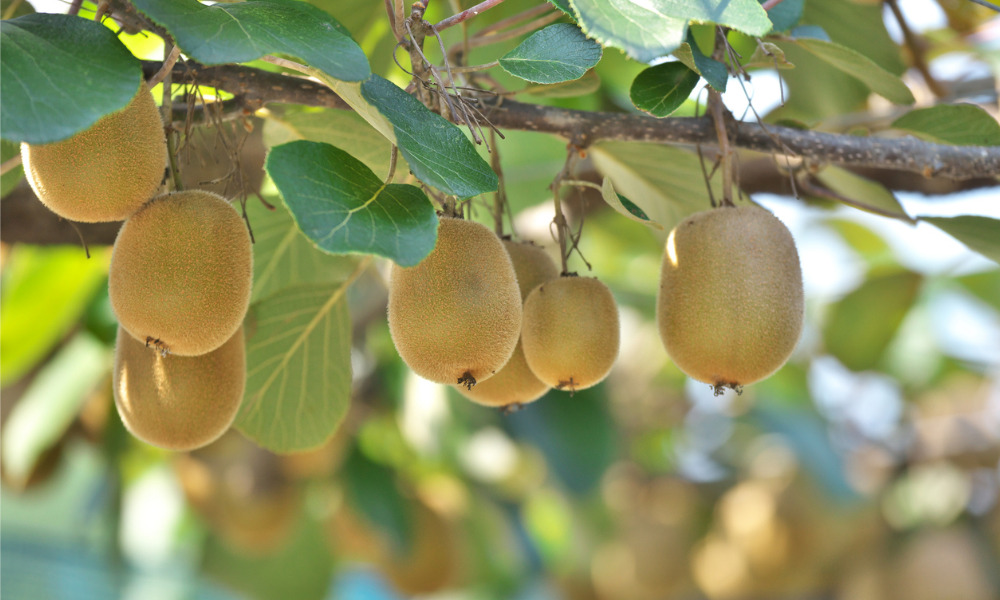
The interests at stake outweigh the cost and delay of further appeal: court

The High Court has granted leave to appeal in a land valuation case that would potentially affect the kiwifruit industry.
In Gisborne District Council v Bushmere Trust [2022] NZHC 2996, the Bushmere Trust owned a property northwest of Gisborne. Bushmere had a licence from Zespri Group to grow and sell highly valuable SunGold kiwifruit on the property. The Land Valuation Tribunal held that the value of the licence should be deducted from the capital value of the property, valuing it at a level equivalent to a green kiwifruit orchard.
The matter was brought to the High Court which ruled that the capital value of the property, a proxy for fair market value, includes the value of the land as enhanced by the licence, which in practice runs with the land. The High Court concluded that under the Rating Valuations Act 1998, the rateable value of the property included the value of the SunGold licence.
Bushmere applied for leave to appeal, arguing that the decision affected all 49 SunGold growers in Gisborne. It will also potentially affect other horticultural crops where a licence is used, and all laws involving the use of capital value in assessing value for rating purposes.
The Gisborne District Council argued that the case did not involve any novel questions of law or general principles capable of serious argument. It involved the application of existing legal principles which have been directly considered by the appeal court already. The council asserted that re-litigating these established principles would be an inefficient use of the court’s scarce resources.
The High Court clarified that a second appeal court’s primary function is to “clarify the law and to determine whether it has been properly construed and applied by the court below.”
The court found that the issues involved in this case were questions of law and the application of law to the facts regarding SunGold licenses. However, the court pointed out that it was not a simple application of the law, because the issues are significant to the SunGold kiwifruit industry and potentially more widely in the horticulture industry.
Further, the court also said that the amount of money involved in the case is not necessarily insignificant and the interests at stake are sufficiently important to outweigh the cost and delay of a further appeal.
The high court, in its judgment, said, “It is desirable that the Court of Appeal further clarify the law and determine whether it has been properly construed and applied by the High Court. That is not an inefficient use of resources.”